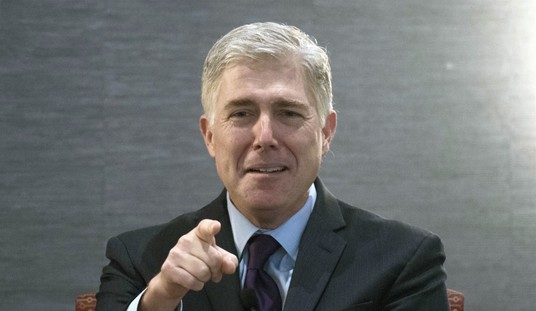You’ve heard of the NSA’s numerous — and likely unconstitutional — mass surveillance programs, but they’re not the only way government is invading your digital privacy. There’s a law on the books that law enforcement agencies, from the IRS to the ATF, have used to justify reading American’s emails and other online communications without having to convince a judge to issue a warrant.
Ironically, the Electronics Communication Privacy Act (ECPA) was originally intended to protect our privacy against government snooping. But it was written in 1986, back when we were concerned about things like landline voice calls and floppy disks, not cloud storage and cell phone location data. “Email” was still a Compuserve trademark, a fringe service used by few. Because ECPA has never been updated to address modern technologies, law enforcement has exploited its loopholes to conduct warrantless searches of all sorts of digital information.
In many ways, this privacy violation is even worse than the NSA’s surveillance programs, as it allows federal prosecutors and regulators to get their hands on the contents of Americans’ emails. Law enforcement has interpreted ECPA to allow them to read unopened emails, as well as all emails over 180 days old. The same goes for other data stored in the cloud, like online documents and calendars. By contrast, much of what’s inspired so much outrage about NSA surveillance concerns access only to contact logs, times and dates of calls, and other metadata — not content.
Thankfully, many of our elected representatives understand the problems with ECPA, and there are bills in both houses of Congress to ensure that the warrant requirement applies equally for all the data you store online. These bills are supported by a growing number of House members and Senators across the political spectrum, but the legislative clock is ticking before the 2014 election. To add momentum to these efforts, we’ve joined with dozens of organizations to launch a White House petition demanding ECPA reform.
But the 30-day window on that petition is about to close — on Thursday. If the petition makes it to 100,000 signatures, the White House has to reply. So far, President Obama has been silent on the issue, but we think that, if he’s forced to take a stance, he’ll throw his weight behind reform. Getting ECPA reform passed would be a huge win for privacy, and would also show that the privacy movement can actually win in Congress. Fixing ECPA isn’t a substitute for stopping blanket NSA surveillance, but it can actually happen this Congress — and it it would be the first major victory in a long fight to end unconstitutional mass surveillance.
ECPA reform would restore a core constitutional principle: with narrow exceptions for emergencies, law enforcement should have to get a warrant for searches and seizures. This privacy protection should have extended to online files just as it does to files on your computer, but an activist Supreme Court in the 1960s mucked up the law by holding that the Fourth Amendment doesn’t apply to files held by third parties — like cloud email providers.
It may seem unfair that this is the first step in the surveillance battle. After all, ECPA is a complicated, arcane issue that’s gotten only a fraction of the attention the NSA has. But hey, politics ain’t fair. It’s all about optics. Momentum is critical.
So unless you think the Framers of the Bill of Rights were crazy to get so worked up about warrants, please take four minutes now to join the 70,000+ Americans who’ve signed our petition to restore the digital Fourth Amendment — and ask your friends and family to do the same.
Berin Szoka is President of TechFreedom, a think tank dedicated to defending Americans’ freedoms in the digital age. On Twitter, follow @BerinSzoka and @TechFreedom.













Join the conversation as a VIP Member